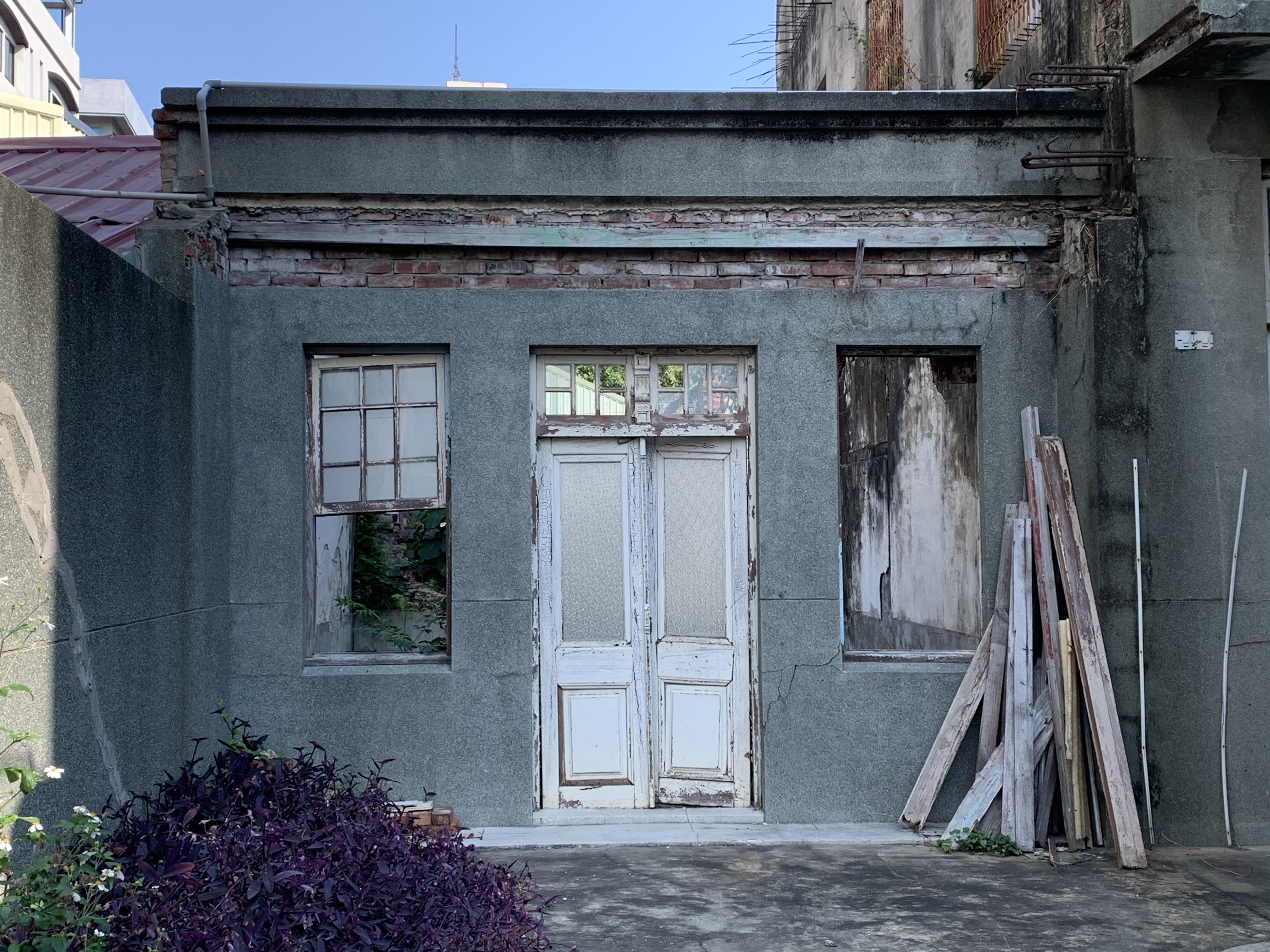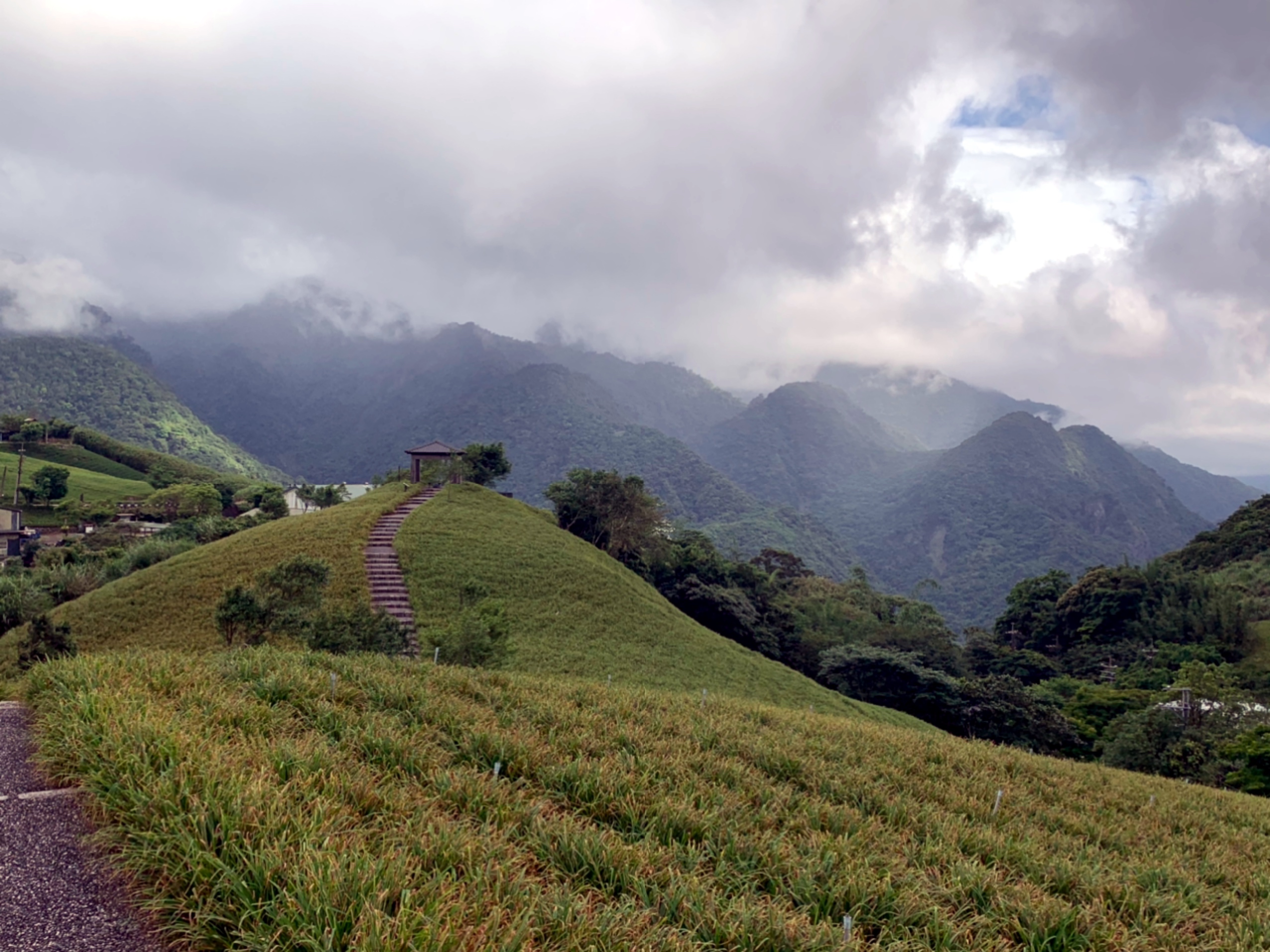
In my last post, I explored how Taiwan safeguarding its sovereignty was a major reason why it could not simply accept vaccines from Shanghai Fosun, a Chinese company. Something about that storyline has continued to bug me, though:
The other thing this article doesn't mention: according to Chen Shih-chung, the Taiwanese government hasn't received any official application to sell these vaccines in Taiwan. How can the government agree to offer a product if the company that wants to provide it hasn't even asked the Ministry of Health and Welfare if they can do so?
It's a bit of a loose thread. Why haven't they applied?
They say they've been "promoting these vaccines since last year" for Taiwan, but this is the first we've heard of them. I find it very hard to believe that this due to the Taiwanese media and government keeping quiet. What is there to keep quiet if Fosun never went through the proper channels to offer the doses here in the first place?
Although anyone with a healthy distrust of the CCP -- which ought to be everyone -- might be tempted to automatically reject any notion that vaccines of any kind from China are acceptable, it bears at least asking: should Taiwan accept this offer of vaccines given the very real threat facing the country?
This is a legitimate question, especially as the vaccines in question are not the ineffective Sinovac/Sinopharm vaccines, but the highly-regarded Pfizer/BioNTech ones.
After considering that question -- not dismissing it out of hand -- I still believe we should not play China's game.
So let's start with the application that the Taiwanese government said it never received. Couldn't this all simply be fixed if Fosun were to go through the process as it's meant to be done? Why didn't they?
A partial answer is contained in a post I came across while writing my last piece, from an executive at Pfizer (it doesn't say that in his Facebook bio but it's easy enough to find out.) I didn't think about it much until today, but perhaps I should have:
其實复星從德國進口的BNT162b2,可以循正常管道向台灣TFDA申請BNT162b2在台EUA,复星已經花錢買了輝瑞half-ownership 的data ,為查驗登記用的,不過一旦送了,复星和中國處心積慮吃台灣豆腐的政治操弄,一個中國的泡泡就會被吹破⋯⋯因為台灣「另一個國家」和港澳「地區」不同,所以biologic license submissions (BLA) 送案的程級不一樣,复星幾乎可以在港澳,經過較簡單的流程,很快直接送上市。但在台灣必須有各種疫苗(生物製劑)進口審查規範。基本上:复星BLA送案等同「外商」。 也就是說:中國复星=外商 ⋯⋯面對台灣是一個國家,獨立自主審查,那复星和中國辛辛苦苦經營吃台灣豆腐(一中泡泡)的目的就被吹破了!
不知道复星背後的大人態度如何?不過如果台灣要買,复星就得送。但是送了,「一個中國」泡泡就破了,所以复星不知道敢不敢送?
Note: the original post has since been deleted (it probably got too popular for a pharma exec's comfort zone) but I think the snippet is useful, so I'm keeping it here.
I don't think I'm quite capable of a good translation so let me summarize the key relevant point. Basically, according to the contractual relationship between BioNTech and Fosun, the vaccine is an imported product from Germany, not a domestically-produced drug, so getting government approval requires the contracting company to purchase global research data that it can include in its application.
So far, China hasn't actually approved it for use in their own "mainland" even though Fosun has (presumably?) paid for this data already. However, it was a relatively simple process to offer it in Macau and Hong Kong, as those are territories of China. So, the licensing agreements and approval processes are at the regional/territorial level.
Taiwan, on the other hand, has its own application procedures, which Fosun would have to go through to get it approved and distributed here. In addition, as Taiwan is a country, the licensing level -- the level of approval needed for biologics -- is different from Hong Kong and Macau. From Taiwan's perspective, not only is the vaccine itself an imported product, but Fosun is a foreign business, and has to go through the approval process as a foreign entity, not a domestic one.
Even if the BioNTech vaccine itself had already been approved, this particular batch would need to be tested as we can't be 100% sure it's not defective, and distributors need to be approved as well. This is why importing 'in parallel' (importing a real drug that has been approved, but not through an approved distribution channel) is considered the same as selling counterfeit drugs, even if the product itself is 'real'.
Obviously Taiwan thinks this application procedure is quite normal, but to China, it might well be unacceptable.
If Fosun actually applied in good faith through the regular channels, it would be tantamount to admitting that they recognize that Taiwan is a nation with its own licensing and approval procedures, as evidenced by the level of submission required. There would be no way to do this while still pushing a "one China" narrative.
That isn't great for China, which allegedly blocked the initial Taiwan/BioNTech deal, almost certainly so that it could then push BioNTech to include Taiwan in the deal it made with Fosun regarding Hong Kong, Macau and China.
Taiwan never had any say in this deal, so as far as the Taiwanese government is concerned, it's meaningless.
So rather than apply through regular channels to distribute these doses in Taiwan, China has chosen to kick up a media and disinformation firestorm to make the current government look bad.
Put another way, Fosun claims to be the distributor for Taiwan, yet never applied to distribute this drug in Taiwan. And yet the CCP is pushing the media and KMT to make a big stink about Taiwan not 'accepting' it.
It's convincing, too. You're too passive! Don't Taiwanese deserve the best vaccines? Why should we settle for second-rate AZ doses? This is all political, you just don't want to buy from China! are all extremely persuasive arguments in a time when people are anxious and stressed out.
Much better to not apply, wait until the expiration dates are near to create a sense of anxiety -- you know, hurry now or you'll lose this hot deal! Your window of opportunity is closing fast! -- then get your media and KMT muppets in Taiwan to kick up a fuss that precious time is being wasted and Fosun has been "promoting" these doses "since last year", even though nobody in Taiwan has heard anything (?) about them until recently.
That's highly suspicious. Would you trust doses offered to Taiwan under those conditions? Because although I do speak from a place of privilege (I've had my first dose of AZ), I wouldn't.
Why, then, doesn't Taiwan reach out to Fosun and invite them to apply? Then we could test the product here and decide if it's safe.
There are a few reasons why that's not a good idea:
First, regarding vaccines, Taiwan doesn't approach brokers (I also believe this is a general rule, but don't take my word for it). They approach original manufacturers such as BioNTech.
These processes aren't particularly fast, and they're difficult to expedite. The laws are quite clear (I've spent enough time with pharma people in Taiwan to know that, and that the Taiwan FDA does not play around with drug approvals.) Approvals take months, not weeks; companies celebrate if they can shave such approvals down even by a fairly small margin, and doing so takes a very convincing case.
With rumors flying that these particular doses are defective -- again, I can't verify this so please don't take my word for it -- there's no convincing reason to expedite approval. In fact, there's a very good case for applying extra caution.
In other words, ignoring all of China and Fosun's political games, by the time those doses could possibly get approved, they'll be expired. The only way to avoid that is to circumvent the approval process completely.
This is exactly what China wants, because China's approved them in Hong Kong and Macau -- their territories. Allowing that approval to include Taiwan (which I believe is what the China-negotiated contract with Fosun says) without Taiwan doing its own legwork is functionally the same as allowing China to treat Taiwan as a region or territory under its control.
What's more, by the time they get approved, all of the other vaccines Taiwan has coming its way will already be here. The sense of urgency to get these particular shipments is fabricated. Yes, we need vaccines as soon as possible, but we were never going to get these particular ones faster.
In other words, if you believe Taiwan should do everything in its power to get those doses, congratulations, you've just sold out Taiwan's sovereignty.
It also raises the question of whether approval now would allow Fosun to sell this vaccine in Taiwan long-term; short-term approvals do not exist as far as I know. With Fosun claiming it intends to manufacture this drug in China at some point, it's worth considering whether we want to take the risk that a China-produced vaccine could end up in Taiwanese arms.
And this is leaving aside the fact that this is only an issue because China decided to make it one. Taiwan had a deal with BioNTech, and China wrecked it just so it could pull this stunt. Even if we ignore that playing China's game means letting China win, you can't ignore the very clear national-level processes that make this deal a non-starter.
Another reason not to trust these doses is that accepting "one time only" that China can push Taiwan around opens the door for them to do it again. China believes this is the way it should be; they won't treat it as a special circumstance. They'll go back to all their international business partners and point out that they've successfully negotiated for Taiwan before -- which would be true if we allowed this -- and convince them it's acceptable to do again. International businesses are already quite happy to bend over for China, so this won't be difficult. There is absolutely no way to win this: the only way to win is not to play.
The final reason is quite simple: Taiwan has its own vaccines coming, either domestically or through foreign agreements.
The Fosun/BioNTech doses were never going to make it here in time, and other options will be available soon. This was never anything more than a chimaera, a disinformation attack. Don't fall for it.
So, again, here's what I think is going on:
China doesn't care whether Taiwan gets them or not. If Taiwan accepts them on China's terms, then China wins. If Taiwan rejects them and the outbreak rages, China still wins. They waited for an opportune moment to make it seem like China is trying to "help" Taiwan, and allow the media to again attack Taiwan for obstinately refusing this "help" with an issue that only exists because China helped create it.
If China did genuinely intend for Taiwan to receive vaccines, rather than playing politics, it should have just applied to do so properly. Or it could have simply not stood in the way of Taiwan acquiring vaccines on its own.
China didn't do either of those things, and that tells you all you need to know. It's playing with smoke and mirrors, not making a genuine offer.
This is all a media stunt -- block Taiwan's own vaccine acquisition efforts, and then allow the media to do what it does best, and blame Taiwan for problems China foisted on it.
I don't think China intentionally let a stockpile of vaccines near their expiration date as some sort of deep-level conspiracy to smear Taiwan's reputation. Rather, I think some of the more competent hatemongers in the CCP saw an opportunity and ran with it: Taiwan's outbreak, its currently rather low supply of unpopular vaccines and the fact that more vaccines might not arrive until later this summer at the earliest all provided them with a window to attack Taiwan right when it was weakest, and use something it already had on hand -- expiring doses that Hong Kongers don't want -- to make the government look bad.
In other words, China and their various allied sellouts in Taiwan are making it look like Taiwan is faced with a closing window of opportunity -- act fast or these vaccines will be GONE GONE GONE! -- when in fact China's the one with the closing window.
Anyone in marketing knows this game: the false sense of urgency created to get you to ACT NOW! is actually fulfilling a need on the creator's part, not the customer's.
Taiwan will get this outbreak under control, and it will gain access to vaccines, either domestically or through other foreign partnerships. The only time China could have possibly acted was now, and they did. This opportunity will soon disappear, and they know it.
China is also foisting the "playing politics" smear on Taiwan to cover for its own actions. China's attempts to block Taiwan's own vaccine acquisition programs not only endanger Taiwanese and international public health, they are intensely political. They're using any leverage they can find to try and discredit the Taiwanese government. When the government pushes back and refuses to budge on critical issues of drug safety and national sovereignty, the CCP and their associated mouthpieces (including the KMT) use that to accuse Taiwan of being the one to "play politics".
But of course, it is precisely the opposite. It's gaslighting to the utmost degree. They make it sound like Taiwan is playing with people's lives, when China's the one doing that.
To sum up, the question of whether these Fosun vaccines should be acquired by Taiwan is legitimate. It deserves some inquiry.
But ultimately, I strongly believe the answer is "no". In fact, I don't even believe it would be possible to do so if we wanted to.
All that's left, then, is the media stunt. The attack on Taiwan's government, to make it look "passive".
In short, and highlighted for emphasis:
I'm highlighting this for emphasis:
China created the problem by blocking BioNTech's deal with Taiwan. It then allowed a Chinese company to negotiate with BioNTech for "rights" to Taiwan distribution, without asking Taiwan.
Then China stepped in to offer a solution to the problem it created: allow us to treat you just like Hong Kong and Macau and circumvent your own government's regulations and approval processes, and you can have these vaccines which we blocked you from obtaining independently.
Then China created an extra sense of urgency, got their political and media puppets in Taiwan to scream at the government over it, and put all the blame on Tsai and the CECC.
It was always a game. Don't fall for it.









